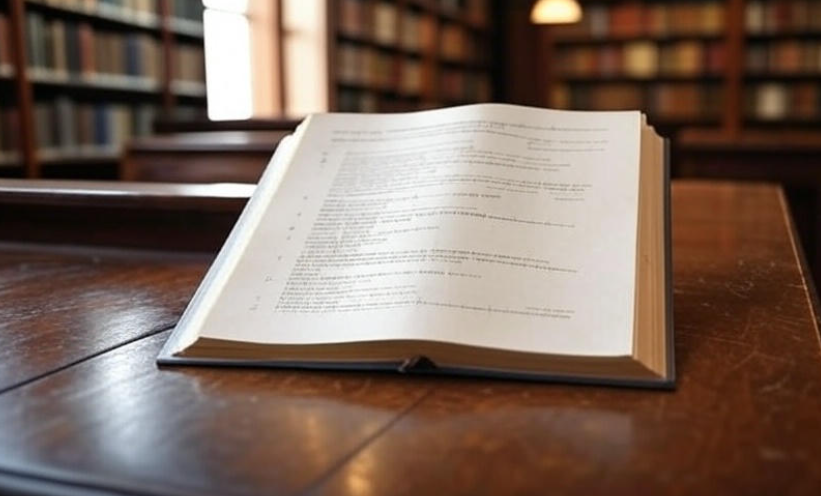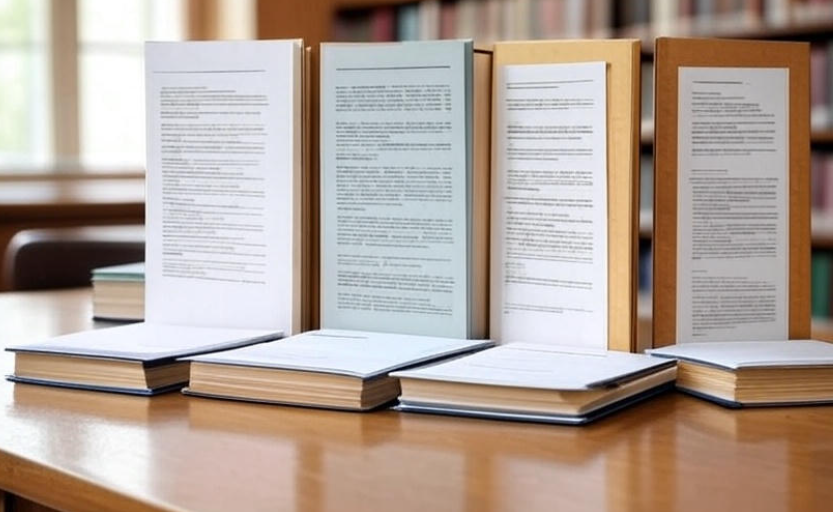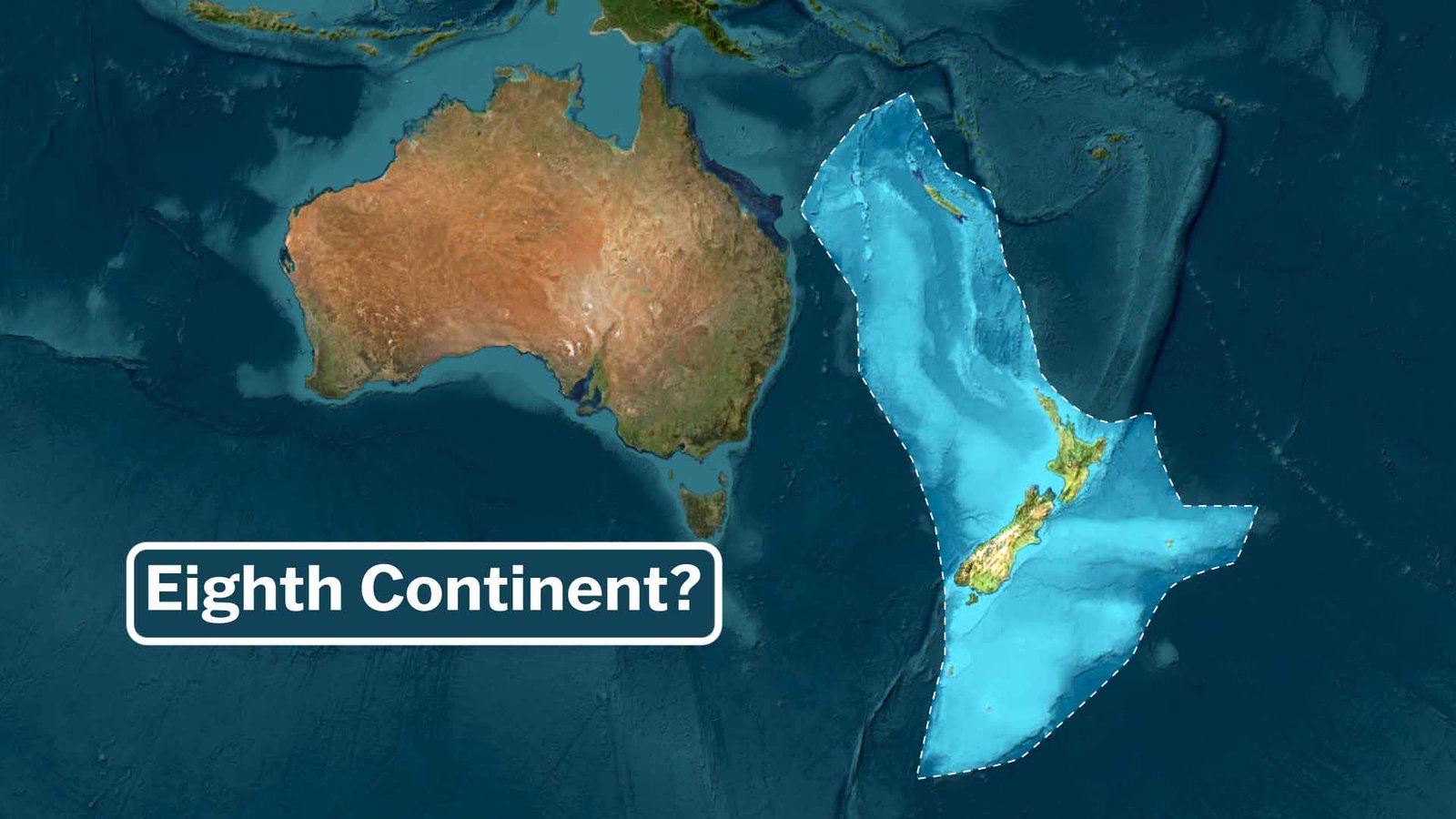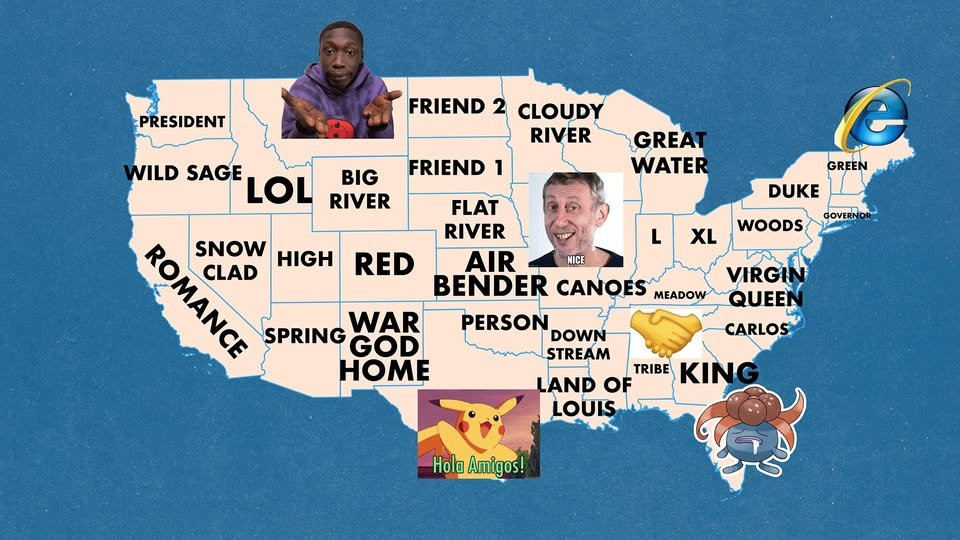When we talk about rules and laws, most people think about their own country’s constitution, traffic rules, or even tax laws. But the world doesn’t end at national borders. 🌍 There are also international laws — agreements and rules made between nations to keep peace, protect rights, and solve disputes. These laws are not just technical; they have real-life impacts on war, trade, environment, and even what rights you have as a person.
So let’s dive into 8 of the most powerful international laws that everyone should know. Some of these may surprise you because they affect everyday life more than you think.
1. The United Nations Charter (1945)
This is basically the “Constitution of the World.” After World War II, countries came together to make sure such massive destruction would not happen again. The UN Charter created the United Nations and laid down the foundation of how countries should interact with each other.
-
It bans the use of force unless it’s for self-defense or approved by the UN Security Council.
-
It promotes respect for human rights.
-
It encourages cooperation on global problems like health, economy, and peace.
👉 In short, the UN Charter is like the rulebook that tries to keep wars under control. Without it, there would be much less accountability for powerful nations.
2. The Geneva Conventions (1949 and later)
War is ugly, but even wars have rules. The Geneva Conventions are a set of treaties that define what’s acceptable during armed conflicts.
-
They protect civilians, prisoners of war, and wounded soldiers.
-
They prohibit torture and cruel treatment.
-
They establish rights for medical workers and aid agencies.
For example, even during war, you can’t just bomb a hospital or torture captured soldiers. These conventions make sure that humanity doesn’t completely disappear in times of conflict.
| Key Protections under Geneva Conventions | Who Benefits? |
|---|---|
| Ban on targeting civilians | General public |
| Protection of POWs | Captured soldiers |
| Medical neutrality | Doctors & nurses |
| Ban on torture | Everyone in conflict zones |
Read more: Top 8 Longest Rivers and the Countries They Cross
3. Universal Declaration of Human Rights (1948)
Although it is technically not a binding law but a declaration, it has influenced almost every human rights treaty since.
This document says that every person, regardless of race, religion, or nationality, has basic rights such as:
-
Right to life
-
Freedom of speech
-
Right to education
-
Freedom from slavery
It’s the reason why governments today can be criticized if they violate human rights. Think of it as the global “Bill of Rights.” ✨
4. The Vienna Convention on Diplomatic Relations (1961)
Ever wonder why embassies are considered “foreign soil”? Or why diplomats can’t be arrested so easily? That comes from the Vienna Convention.
-
It ensures diplomats have immunity in host countries.
-
It protects embassies from being entered without permission.
-
It allows secure communication between states.
This law makes it possible for countries — even enemies — to keep talking. Diplomacy would collapse without it.
5. The Treaty on the Non-Proliferation of Nuclear Weapons (NPT, 1968)
Nuclear weapons are the most destructive invention humans ever created. The NPT is a treaty designed to stop their spread.
-
Countries without nuclear weapons agree not to build them.
-
Countries with nuclear weapons promise to work towards disarmament.
-
Peaceful nuclear technology (like for energy) is allowed under strict checks.
Thanks to this treaty, not every country on Earth has nukes — and that’s a good thing for global survival. ☢️
6. The Paris Agreement (2015)
Climate change is not just an environmental issue, it’s a global survival issue. The Paris Agreement is an international treaty where countries agreed to:
-
Limit global warming to well below 2°C.
-
Cut greenhouse gas emissions.
-
Transition towards renewable energy.
It may sound abstract, but this law impacts policies that affect industries, travel, and even what energy powers your home.
7. The Rome Statute of the International Criminal Court (1998)
The Rome Statute created the International Criminal Court (ICC). It prosecutes individuals — not countries — for the worst crimes imaginable:
-
Genocide
-
War crimes
-
Crimes against humanity
-
Crimes of aggression
This means even presidents, generals, or powerful leaders can be held accountable for crimes. No one is supposed to be “above the law” at the global level. ⚖️
8. The Law of the Sea (UNCLOS, 1982)
The oceans cover 70% of our planet, so of course there must be rules about them. UNCLOS (United Nations Convention on the Law of the Sea) sets the framework for maritime laws.
-
Countries control waters up to 12 nautical miles from their coast.
-
They have rights to resources up to 200 nautical miles (Exclusive Economic Zone).
-
It regulates deep-sea mining, shipping lanes, and environmental protection.
Without this treaty, disputes over oceans would be endless. It basically decides who owns what in the seas. 🌊
| Maritime Zone | Distance from Coast | Who Controls It? |
|---|---|---|
| Territorial Sea | 12 nautical miles | Full control of coastal state |
| Exclusive Economic Zone (EEZ) | 200 nautical miles | Resource rights of coastal state |
| High Seas | Beyond 200 miles | Open to everyone, regulated internationally |

Why These Laws Matter to You
You might wonder: “I’m not a diplomat or soldier, so why should I care?” But the truth is, these international laws touch our daily lives more than we realize.
-
They decide if your country can trade safely.
-
They ensure your human rights are protected.
-
They regulate climate action that shapes your future.
-
They prevent wars from spiraling out of control.
In short, these are not just rules between governments; they’re protections for ordinary people too.
FAQs about International Laws
Q1: Are international laws actually enforceable?
Not always. Enforcement depends on international courts, treaties, and cooperation between states. Some countries follow them strictly, others break them — but violations usually come with political costs.
Q2: Who makes international laws?
They are created through treaties, conventions, and agreements between states. Bodies like the UN play a big role.
Q3: Can individuals use international law to protect their rights?
Yes, in some cases. For example, you can take human rights cases to regional courts like the European Court of Human Rights.
Q4: What happens if a country breaks international law?
Consequences range from sanctions, loss of reputation, trade restrictions, to military interventions in extreme cases.
Q5: Do all countries follow the same laws?
Mostly yes, but some laws are only binding on countries that sign the treaties. For example, not all nations have signed the Rome Statute.
Final Thoughts
International laws may sound complicated, but at their heart, they’re about making the world less chaotic and more fair. From stopping wars to protecting our environment, these rules shape how nations — and people — live together.
And remember, knowing about them is not just for lawyers or politicians. These laws are part of the invisible framework that makes our daily lives safer, freer, and more sustainable. 🌎✨





